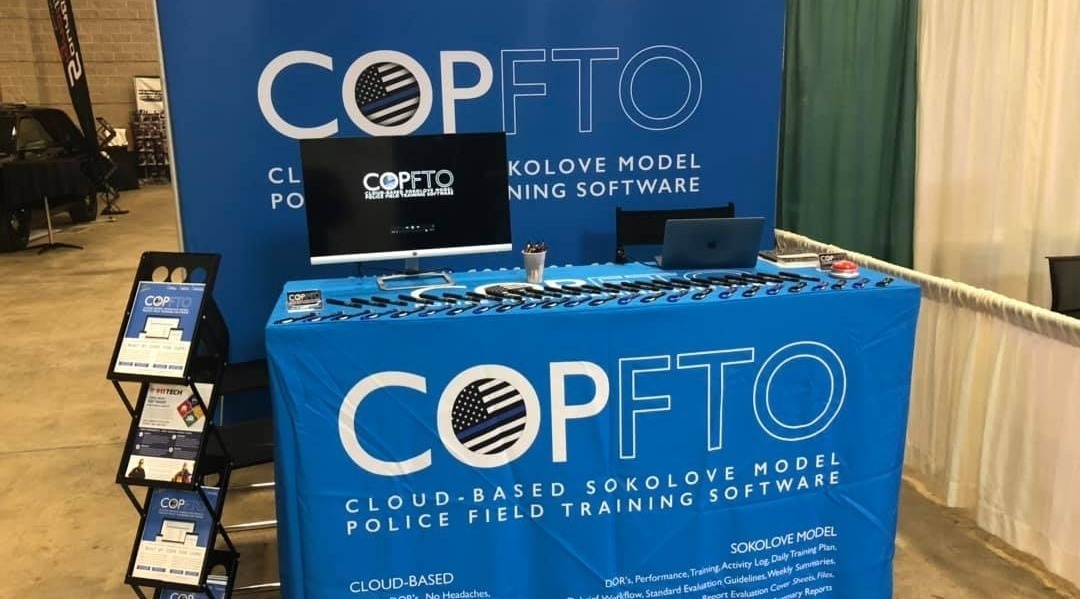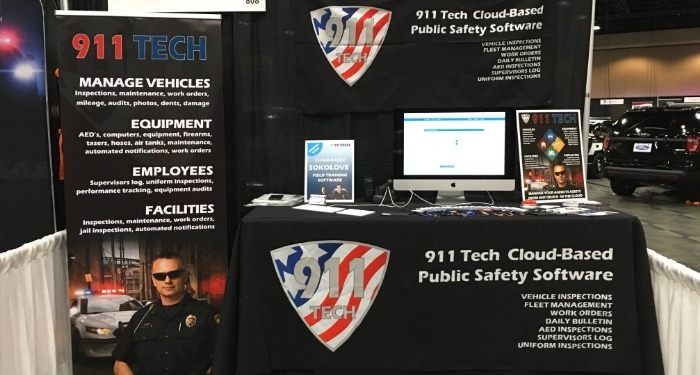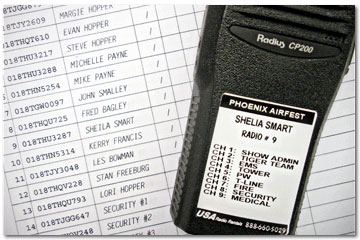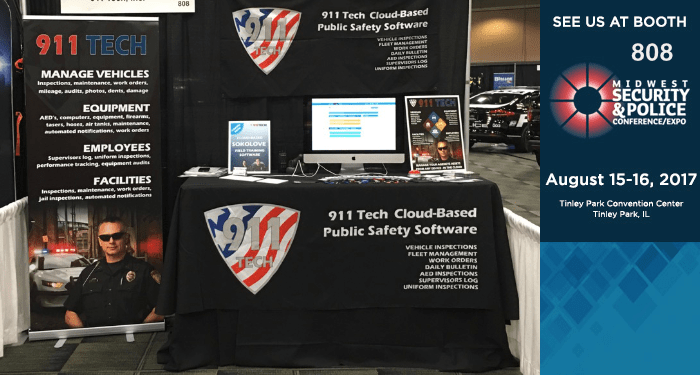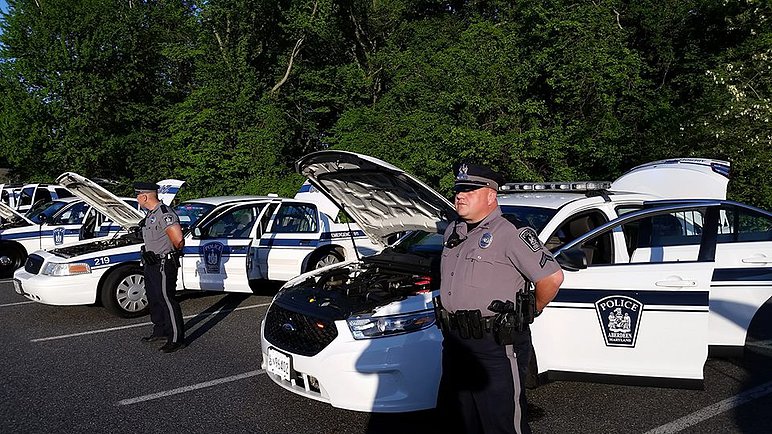
Police Vehicle Inspections
Inspections of police cars can be one of the most tedious things an officer can do. Despite this, regular inspection of the vehicle is one of the most important things that can be done to promote officer driving safety.
For purposes of law enforcement, there are two different types of inspections. An officer that shares a patrol vehicle should complete a full inspection each day on their vehicle. An officer that has a vehicle assigned solely to them should complete a full inspection each time they fill up the gas tank and a visual check daily of the tires and emergency equipment.
Tires
Tires are listed first and are the most important. Tires are the center of your driving safety and the only item on a vehicle that touches the roadway. If you could pinpoint one item that is the most vital to your safety, it is your tires. Although very important, they are easy to check. Tire tread is vital for traction and puncture resistance. One way to quickly measure this is to use a penny. Inset the penny into the tread depth, when the top of Lincolns head is visible, you should replace the tires. In addition, the sidewalls should be checked for cuts. A cut could result in a blowout. The over inflation or under inflation of a tire can both be very dangerous. It can sometimes be deceiving to check tires visually so a tire gauge should be used. You should always check your tire pressure while they are cold, before you have driven on them. The manufacturer of your police vehicle or your garage can advise you of the proper tire pressure.
Emergency Equipment
Officers should turn on their lights and siren prior to the beginning of their shift to ensure they work properly. Headlights can be checked at the same time.
Exterior
Officers should check for body damage on the vehicle. If it is found, it should be immediately reported to the supervisor. It may also be necessary to clean the windshield or windows during this time. Obstructed windows can be exasperated at night and dangerous at all times.
Interior
Prior to starting the engine, check all warning lights, including the ABS and airbags. Adjust the seats and mirror and check the instrument panel. The brake pedal should be checked. If it feels ‘spongy’, the vehicle should be taken out of service and the braking system inspected by a mechanic. If the steering wheel contains excessive play or makes noises while turning, it should be turned over to a mechanic as well. All items inside the vehicle should be secured. A collision at 50 mph, will cause anything inside the vehicle to travel at the same speed. Being struck in the head by a metal citation book could lead to serious injury.
Under The Hood
The fluid levels should be checked on a regular basis. The oil, brake fluid and anti-freeze are some of the most important items to check for your safety.
Trunk
The trunk is an important tool to the law enforcement officer. All gear should be secured. The movement of equipment in the trunk while driving could cause an unexpected shift in rear weight. Ensure that the fire extinguisher is fully charged and first aid kit is up to date. The emergency fuel shut off and radio equipment should be easily accessible.
Leaving The Station
Once you have completed the stationary inspection, you are not done. When you drive off, it is important to note a few items: You should listen to any unusual sounds. Test your brakes before leaving the parking lot. Your car should always brake in a straight line and your steering should not wander from side to side.
Conclusion
The pre-operational check can be accomplished in a short period of time. It is as important as your firearm inspection and one thing is certain: You will drive your police car each day you go to work. By spending a few minutes properly inspecting it, you can increase the operational efficiency, reduce repair costs and most importantly, prevent collisions. It is the core of a safe work environment for law enforcement officers.
An Article by Travis Yates, Reposted from:
https://www.policeone.com/archive/articles/85917-Police-vehicle-inspections
Squad Car Inspection Image from www.aberdeenpolice.org
